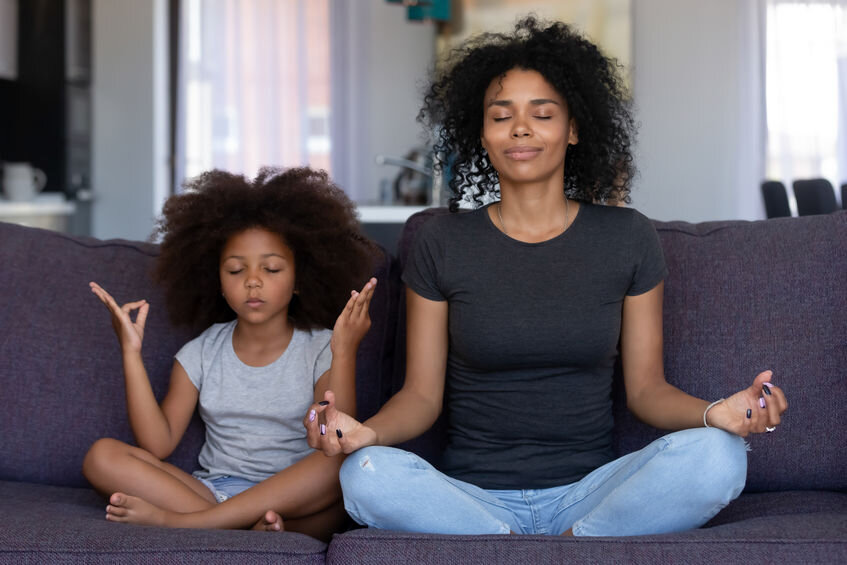Feeling the Pressure? How to Lower Hypertension
Even though it’s just the beginning of February, you probably see lots of hearts, and that’s a good reminder that American Heart Month is here. At Goldsmith Podiatry, we know the importance of good heart health for your feet, particularly the negative impact of high blood pressure on our Manhattan patients. Hypertension is associated with poor circulation, which can spell big trouble for your lower extremities in the way of sores and wounds that won’t heal, infections, and in the worst-case scenario, amputation. Luckily, you can lower your blood pressure and prevent hypertension from developing if you follow the suggestions below.
De-Stress—2020 was certainly a year of increased pressure and anxiety due to the Coronavirus pandemic. There is a correlation between elevated stress and high blood pressure. It’s time to find ways of dealing with all the changes and uncertainty. Find a new hobby to focus some energy on. Set a goal to hike your state parks or bike a certain number of miles this year. Work to strengthen your prayer life or practice meditation and relaxation techniques. Stay connected with friends and family.
Eat Your Way to Better Health—you don’t need a strict diet or calorie counting to make your food plan healthier. Increasing the amount and variety of fruits and vegetables you eat, swapping water or seltzer for high-calorie sodas, and adding one vegetarian meal a week can all help you move towards a diet that will help control weight and hypertension. If you have elevated blood pressure, avoid excess salt and processed foods.
Have More Sweet Dreams—did you know not getting enough sleep is a risk factor for hypertension? That’s because your blood pressure goes down when you’re asleep. The recommendation is you get seven hours of sleep each night. If you’re struggling to make that happen, try these tips:
Make sure you’re getting enough physical activity during the day. Don’t exercise, however, within two hours of going to bed.
Try to stick to a sleep schedule. Go to bed and get up at about the same time every day, even on the weekends.
Make sure your room is cool and quiet. Avoid artificial lights from computers, phones, and other electronics,
Know the Signs
Certain symptoms in your lower extremities may signal a circulation or blood pressure problem. These include hair loss on your toes or legs, skin color changes or temperature on your feet, cramping, and wounds or cuts that don’t seem to be healing. If you see any of these, contact our Upper West Side NYC office by calling (212) 877-1002 to schedule an examination with one of our podiatrists, Dr. Howard Goldsmith or Dr. Rosanna Troia.

